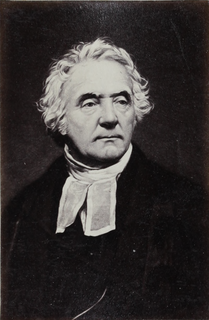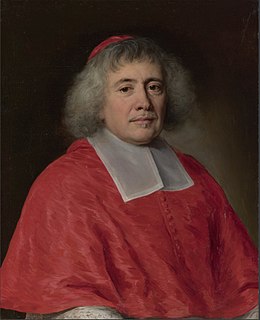A Quote by Thomas Chalmers
Every man is a missionary, now and forever, for good or for evil, whether he intends or designs it or not.
Related Quotes
Every man is a missionary, now and forever, for good or for evil, whether he intends or designs it or not. He may be a blot radiating his dark influence outward to the very circumference of society, or he may be a blessing spreading benediction over the length and breadth of the world. But a blank he cannot be: there are no moral blanks; there are no neutral characters.
Evil denotes the lack of good. Not every absence of good is an evil, for absence may be taken either in a purely negative or in aprivative sense. Mere negation does not display the character of evil, otherwise nonexistents would be evil and moreover, a thing would be evil for not possessing the goodness of something else, which would mean that man is bad for not having the strength of a lion or the speed of a wild goat. But what is evil is privation; in this sense blindness means the privation of sight.
When anything is in the presence of evil, but is not as yet evil, the presence of good arouses the desire of good in that thing; but the presence of evil, which makes a thing evil, takes away the desire and friendship of the good; for that which was once both good and evil has now become evil only, and the good has no friendship with evil.
This is a world of good and evil. Wherever there is good, evil follows, but beyond and behind all these manifestations, all these contradictions, the Vedanta finds out that Unity. It says, "Give up what is evil and give up what is good." What remains then? Behind good and evil stands something which is yours, the real you, beyond every evil, and beyond every good too, and it is that which is manifesting itself as good and bad. Know that first, and then and then alone you will be a true optimist, and not before; for then you will be able to control everything.
The intentions of a tool are what it does. A hammer intends to strike, a vise intends to hold fast, a lever intends to lift. They are what it is made for. But sometimes a tool may have other uses that you don't know. Sometimes in doing what you intend, you also do what the knife intends, without knowing.
































